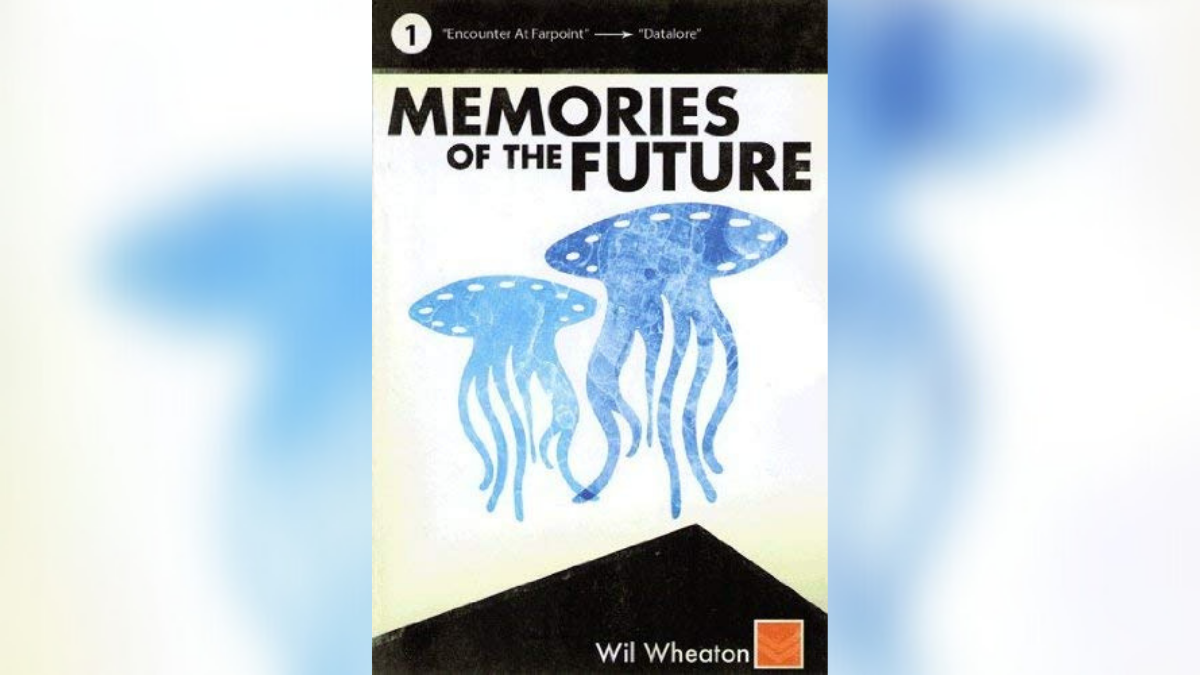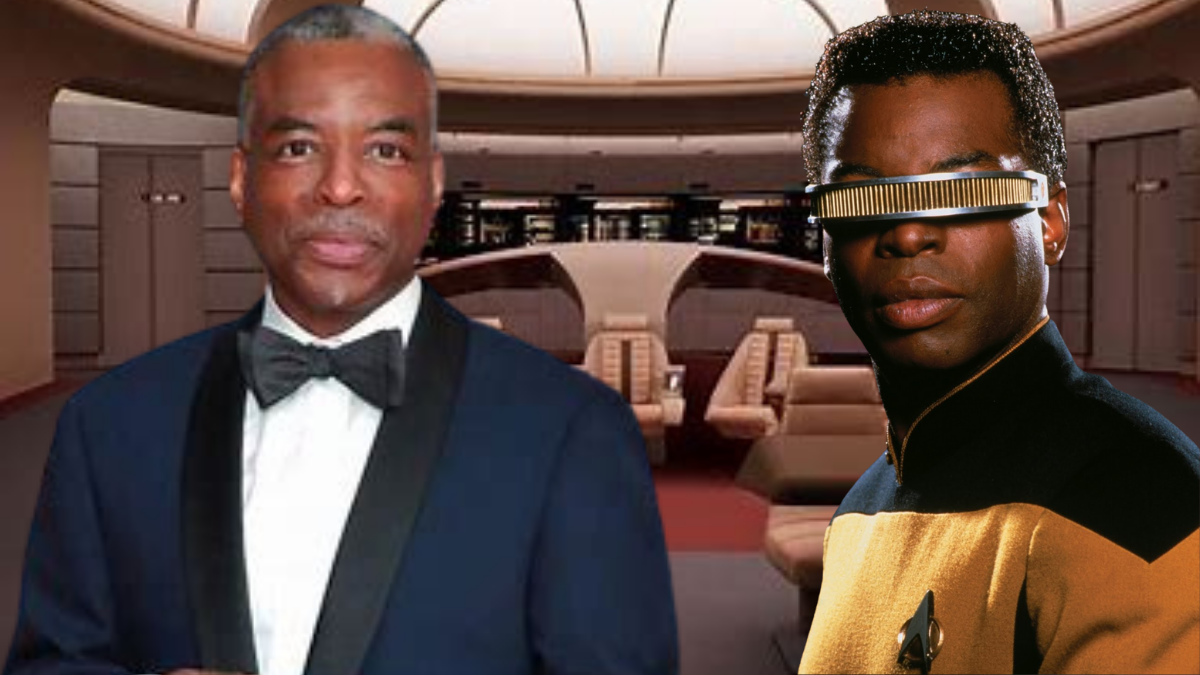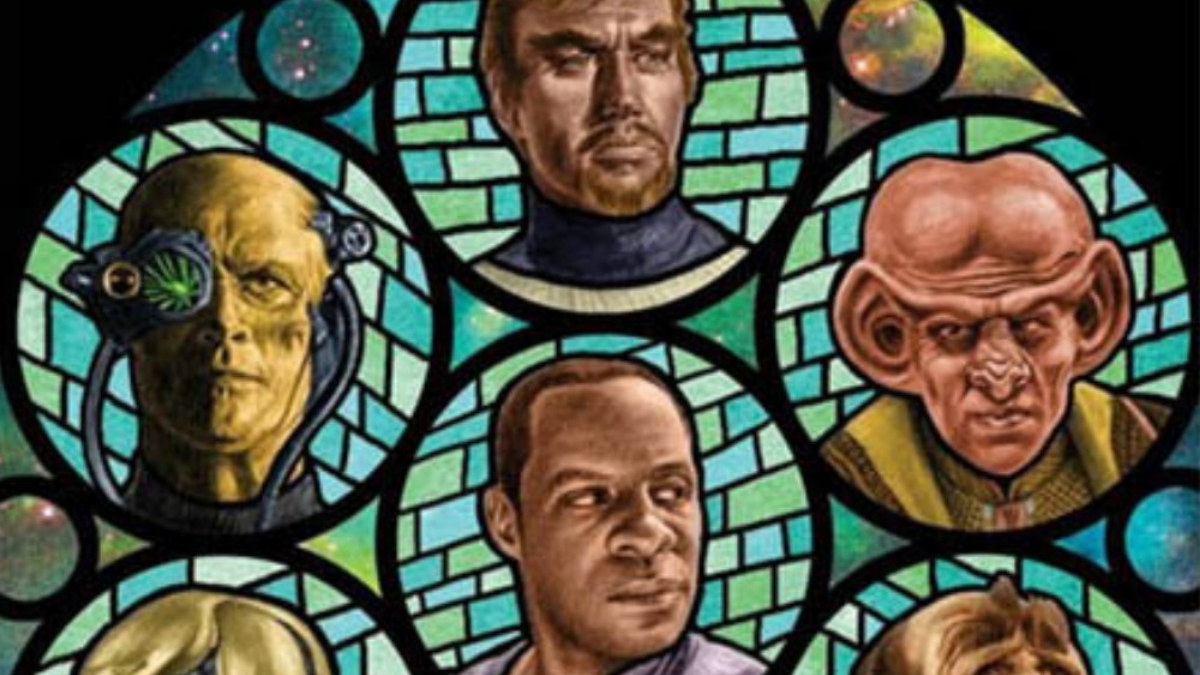Today in Star Trek history: The Birth of the Federation video game is released

STAR TREK: THE NEXT GENERATION: BIRTH OF THE FEDERATION was released by Hasbro Interactive in 1999
MAY 25, 2022 - Turn-based strategy video games are all the rage these days, with venerable series like Total War and Sid Meier’s Civilization remaining popular and newer titles, like King’s Bounty II and the forthcoming FreeOrion providing tactical entertainment to gamers worldwide. On this day in 1999, the Star Trek franchise dipped its toe into the 4x turn-based strategy world with the release of Star Trek: The Next Generation: Birth of the Federation.
The game was developed by MicroProse, the company responsible for the first two installments of the Civilization franchise, among other games, and published by Hasbro Interactive, a subsidiary of the toy company, and was comparable with the Windows computers of the era. The intention was to release it alongside the film Star Trek: Insurrection in December, 1998, but it seems there was a five-month delay.
In the gaming world, “4x” stands for “Explore, Expand, Exploit, Exterminate.” Traditionally, such games resemble the board game Risk, but with some extra wrinkles and more special effects. When one booted up Birth of the Federation, they were offered a choice of factions to join, including the Federation, the Klingon Empire, the Roman Star Empire, the Cardassian Union, or the Ferengi Alliance. Each faction had its strengths, with the Federation being more adept at diplomacy, the Romans better at espionage, and so on. There were also 30 minor races in the game, each one adding a unique ability to the major faction it joined.
Once one had selected their faction, they found themselves in control of a single star system, with the ultimate goal to conquer the galaxy, There were a number of ways to achieve success, including diplomacy, colonization, and combat. But it wasn’t as simple as just roaming the galaxy. One had to manage one’s resources, from energy consumption to food levels. They also had to manage the credits which would help them afford to buy new ships and bribe other races.
Space battles were turn-based, with the player issuing orders to individual ships and then watching their fleet duke it out with a rival’s. The battles could be recorded and then played back at various different viewing angles so a player could learn from their mistakes, or just relive pummeling an opponent out of existence over and over again, particularly satisfying, no doubt, when playing in the multiplayer mode, rather than against the AI.
Reviews of the game were average, ranging from “cool design” and “evocative music” to “sleep-inducing” and “somewhat lacking.” A common criticism was that the AI factions did not behave as their counterparts would in the series. After all, would Star Trek: The Next Generation’s Klingons, when their back was against the wall, really start talking about peace treaties? I think not!
Still, some, like PC Zone’s Mark Hill, praised the game as “the best Star Trek game yet” and an “essential purchase for hard-core strategy nuts.” The week it was released, it immediately reached number 5 on the British all-format games charts. Granted, it dropped to number 10 the next week and then activated its cloaking device to disappear from the charts by the third week, but at least it had its day, which is more than many games do!
Further Reading
Wikipedia: Star Trek: The Next Generation: Birth of the Federation
T is the Managing Editor for Daily Star Trek News and a contributing writer for Sherlock Holmes Magazine and a Shakespeare nerd. He may have been the last professional Stage Manager to work with Leonard Nimoy, has worked Off-Broadway and regionally, and is the union Stage Manager for Legacy Theatre, where he is currently working with Julie Andrews. after which he’ll be working on Richard III at Elm Shakespeare Company.





